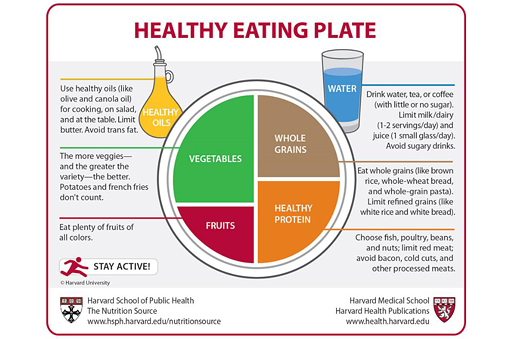There’s been lot of food news recently which may have a significant impact on what you see when you look for something to eat.
The US Department of Agriculture (USDA) released their 5 year plan for what American should eat, The FBI launched an investigation of food poisoning at Chipotle Restaurants, and Campbell Soup has announced that they would list GMO ingredients in their soups.
The USDA guidelines are a source of controversy every five years when they are published. In the past, the agency has been criticized for bending to the will of the food industry. Additionally the guidelines have often simply confused the American public which is asked to change their eating habits every five years. In truth, most American have thrown up their hands long ago noting study, after study showing contradictory guidance of what constitutes a healthy diet.
This week’s release contain a little of each. For example, the Guidelines do not recommend that Americans eat less red meat, as an advisory panel had recommended. The beef industry, which has already seen a downturn in consumption, was desperate to avoid any implication that their product was causing any health issues.
It does, just ask former President Bill Clinton, who had triple bypass surgery and is now a committed vegan. Any cardiologist will tell you that the amount of red meat eaten in this country is unhealthy. This says nothing of the environmental damage done by factory farms or the fact that using animals to convert plant material into protein is simply inefficient.
Many plants, such as beans, quinoa and rice, are already protein rich.
But to their credit, while the USDA did not adopt the dietary panel’s recommendations, they simply left the topic out. Probably the best we could hope for.
On the positive side, the USDA focused on sugar, telling Americans they eat too much processed sugar and carbohydrates. In my view, and the view of many others, this is the major cause of our national obesity/diabetes epidemic. It is one of the main reasons why, when Americans diet, they complain that they cannot lose weight. They are eating too many processed sugars and carbohydrates included in virtually every prepackaged food we buy.
The Guidelines also attempted to explain the difference between natural sugar, found in fruits and vegetable, and the process sugars. – a topic I have addressed here before.
So, all in all, the government guidelines may not be perfect, but they are certainly a step in the right direction.

 510-526-8524
510-526-8524


